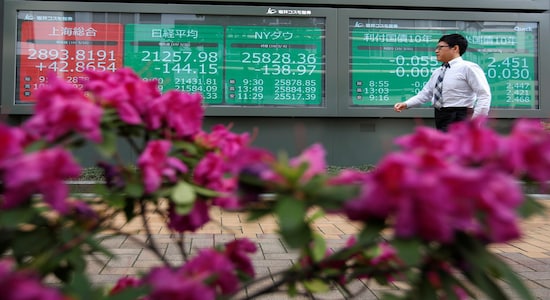
 1 / 10
1 / 101. Asia: Stocks in Asia Pacific were edged higher in Friday morning trade following Thursday’s drop that saw shares in China plunging more than 4 percent, reported CNBC International. In Japan, the Nikkei 225 rose 0.29 percent in early trade while the Topix index gained 0.13 percent. South Korea’s Kospi advanced 0.54 percent. Over in Australia, the S&P/ASX 200 added 0.41 percent. Overall, the MSCI Asia ex-Japan index traded 0.13 percent higher. (Image: Reuters)
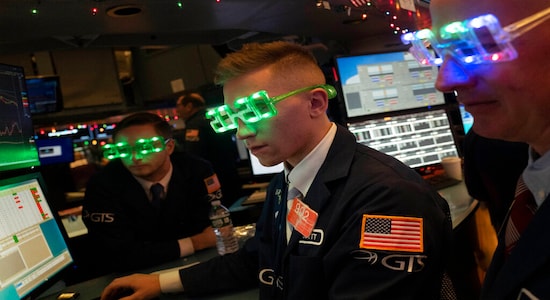
 2 / 10
2 / 102. US: U.S. stock futures were up slightly Thursday night following a volatile session in that snapped a four-day winning streak for one of the major averages, reported CNBC International. Dow Jones Industrial Average futures gained 91 points, or 0.3 percent. S&P 500 futures climbed 0.3 percent as well and Nasdaq-100 futures advanced 0.6 percent. During regular trading, the Dow slid 135 points, or 0.5 percent, to post is first daily decline in five days. The S&P 500 and Nasdaq Composite dipped 0.3 percent and 0.7 percent, respectively. (Image: AP)
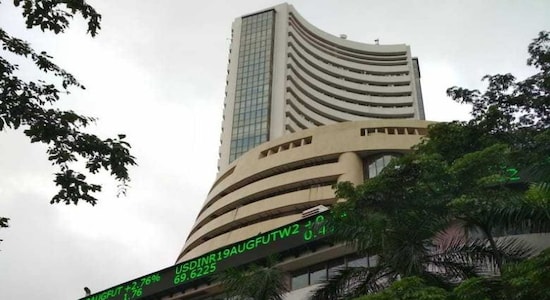
 3 / 10
3 / 103. Market At Close On Thursday: Indian shares ended higher on Thursday as upbeat earnings from Infosys lifted IT stocks even as coronavirus cases in the country continued to rise. Gains in financials and auto stocks also lifted the market sentiment. The Sensex ended 420 points higher at 36,471 while the Nifty rose 122 points to settle at 10,740. (Image: Reuters)
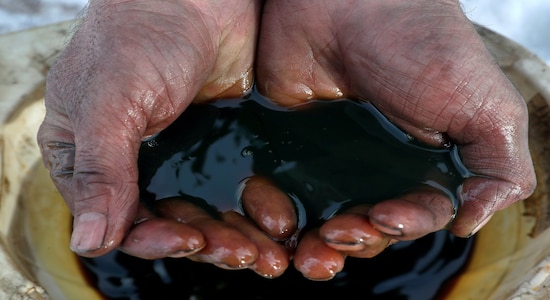
 4 / 10
4 / 104. Crude Oil: Oil prices fell on Thursday after OPEC and other producers including Russia agreed to ease record supply curbs from August, though the drop was cushioned by tightening global inventories as economic activity picks up, reported CNBC International. Brent crude fell 45 cents, or 1 percent, to $43.35 per barrel. West Texas Intermediate crude settled 45 cents, or 1.09 percent, lower at $40.75 per barrel. Both contracts rose 2 percent the previous day after a sharp drop in U.S. crude inventories. (Image: Reuters)
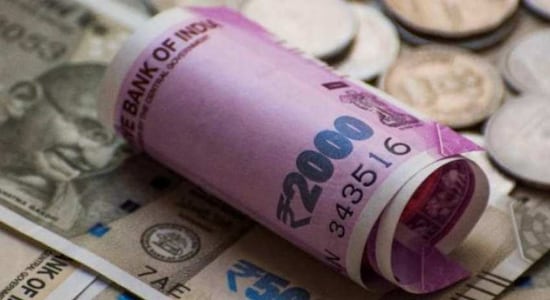
 5 / 10
5 / 105. Rupee Close: The Indian currency depreciated on Thursday tracking a strengthening American currency amid worries over mounting COVID-19 cases. Forex traders said the rupee traded in a narrow range as a strong dollar, foreign fund outflows and rising COVID-19 cases dragged the local unit down. A positive trend in the domestic equity markets capped the losses, they added. At the interbank forex market, the rupee opened at 75.23 and swung between a high of 75.15 and low of 75.29 against the US dollar. It finally settled at 75.18, registering a loss of 3 paise over its previous close. The rupee had ended at 75.15 against the US dollar on Wednesday. (Image: Reuters)

 6 / 10
6 / 106. Anurag Thakur On Solar Power Equipment Customs Duty: The government is considering a proposal by the Ministry of New and Renewable Energy (MNRE) to impose 20 percent basic customs duty on solar modules to provide an edge to domestic manufacturers and discourage imports, particularly from China, Minister of State for Finance Anurag Thakur said on Thursday. While the government has taken a number of steps to increase capacities in the renewable energy sector in the last few years, it is now time to cut down reliance on imports of solar equipment and components, especially from China, the minister said. Currently, Chinese firms supply about 80 percent of solar cells and modules in the Indian market. (Image: Reuters)
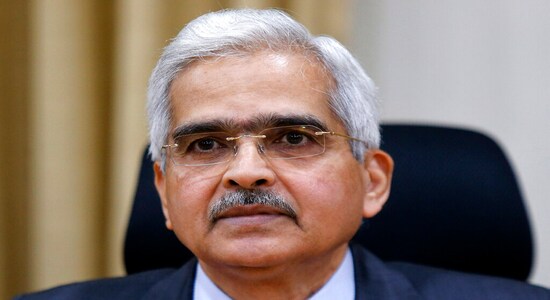
 7 / 10
7 / 107. With Inflation Ticking Higher, RBI Should Pause Now: With India's economic growth sputtering, the Reserve Bank of India was expected to maintain a rate-cutting cycle, but an uptick in near-term inflation could give the central bank's Monetary Policy Committee reason to pause for now. Having cut its key lending rate by an aggressive 115 basis points (bps) in 2020, on top of 135 bps cuts in 2019, the RBI so far has had little success in spurring credit growth amid varying degrees of lockdowns across India. Some economists and market insiders argue it may be prudent for the MPC, the policy committee, to hold its fire when it meets early next month. (Image: Reuters)

 8 / 10
8 / 108. Jefferies' Chris Wood Claims There Is No Need For COVID-19 Vaccine: Coronavirus-forced lockdown is hurting India more than COVID-19, Christopher Wood, the global head of equity strategy at Jefferies, told CNBC-TV18 on Thursday. Wood advocated for localised lockdowns in impacted localities and expressed aversion to blanket lockdowns that engulf the entire country. “I think it is sensible for the authorities to impose localised lockdowns where there is a cluster of cases. What I believe is not sensible is to impose the blanket lockdown on the whole economy.” He added that with India’s young demographic and relatively low death rate there is no justification for putting the entire country under lockdown. (Image: Reuters)

 9 / 10
9 / 109. E-Commerce Saw V-Shaped Recovery Post Lockdown, Says Kunal Bahl: Snapdeal co-founder and CEO Kunal Bahl on Thursday said the e-commerce sector saw a V-shaped recovery post lockdown, with categories such as fashion witnessing an increased demand despite the pandemic. Bahl also added the Snapdeal made profit at the company level during the pandemic. E-commerce companies were only allowed to sell essential items in the first two phases of the lockdown. “The April-May period was challenging. As an industry and company we did not know when the recovery will happen. But the industry was surprised with a V-shaped recovery,” Bahl told CNBC TV 18. (Representational Image)
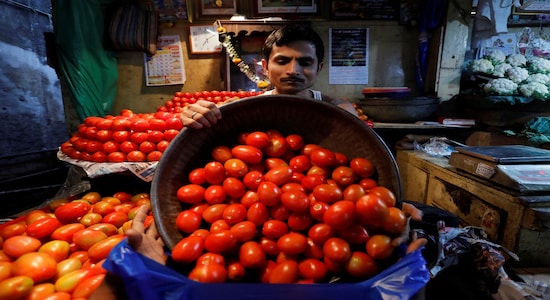
 10 / 10
10 / 1010. SBI Report On Retail Inflation: Retail inflation in the country is likely to remain at elevated levels in the next few months on account of supply constraints driven by labour shortage rather than due to fiscal deficit or other external factors, according to an State Bank of India (SBI) report. The 'Ecowrap' report also suggested the Ministry of Statistics and Programme Implementation (MOSPI) should also take into account the online prices of products while computing retail inflation as more and more people are relying on online stores for their needs, especially after the outbreak of COVID-19. (Image: Reuters)

